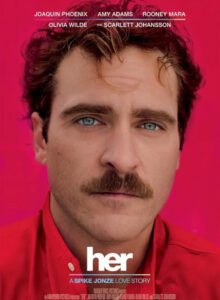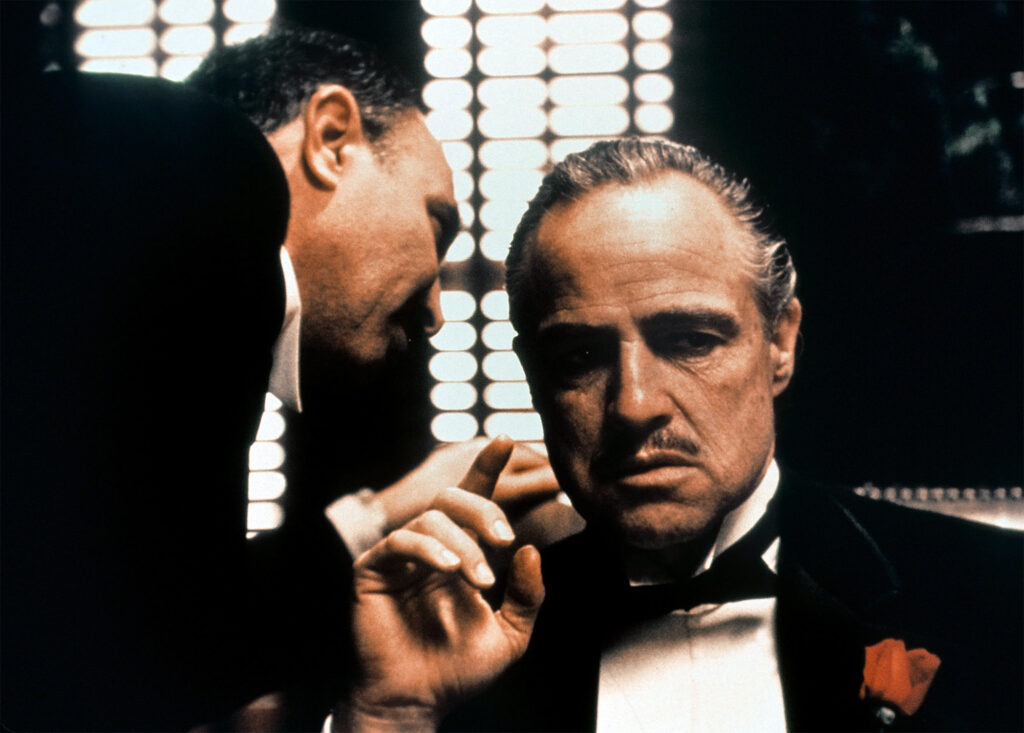Directed by Spike Jonze and starring Joaquin Phoenix, “Her” is a groundbreaking film that explores the unpredictable, yet inevitable, trajectory of love in the 21st century. Notably recognized for its unique storyline, magnificent performances, and hauntingly beautiful cinematography, “Her” invokes an authentic reflection on human connection, artificial intelligence, and our increasingly digital world.
The focus of the film is Theodore Twombly (Joaquin Phoenix), a withdrawn writer enduring the demise of his marriage. He’s a seemingly routine-oriented man, living an isolatory life in a hyperconnected society, consumed by technology and artificial intelligence. Theodore’s solitude takes a turn when he acquires an operating system with artificial intelligence named Samantha (voiced by Scarlett Johansson). As he sparks a relationship with his virtual assistant, the line between human and artificial love becomes increasingly blurred, encapsulating the audience in a tale that is emotionally riveting and eerily persuasive.

Despite its futuristic setting, “Her” remains a universal and timeless tale of love and loneliness, making it a must-watch for fans of thoughtful cinema.
Phoenix delivers one of his most impressive performances yet, imbuing Theodore with a rare depth that makes his character both empathetic and relatable. His trajectory paints a rich tableau of emotions – loneliness, excitement, love, despair – all expertly communicated through his nuanced acting. Johansson, though only appearing as a voice, manages to breathe life into Samantha, giving the AI a vivacity that complements Phoenix’s plangent performance. She proves that physical presence isn’t a necessity for delivering a captivating portrayal, leaving an indelible mark solely with the power of sound.
“Her,” however, extends beyond its exceptional performances. Jonze’s screenplay, though futuristic, is intriguingly plausible. It never seeks to alienate viewers with technical jargon or imaginary contrivances but grounds the film’s premise on reality, creating an immersive and speculative narrative about technology’s influence on human interaction. It’s a film that raises questions rather than gives answers, indulging in philosophical debates on the nature of love and what makes us human.
The cinematography, by Hoyte van Hoytema, further adds depth to the narrative, embodying the film with an ethereal beauty. From the neon-lit nights of Los Angeles to the ubiquitous screens reflecting on faces, each frame is meticulously shot to evoke emotions and ideas. The palette of warm orange and soft red allows for the melancholic undertone and emphasizes the film’s central theme of emotional isolation. The minimalist production design echoes this sentiment, suggesting our increasing dependence on technology and displaying a world devoid of true human connection.
Apart from this, the score composed by Arcade Fire sets the emotional rhythm of the film. It beautifully harmonizes the visuals and narrative with its melancholic yet mesmerizing tunes, contributing to the film’s overall lyrical and poetic tone.
However, “Her” is not without its flaws. While the plot is undoubtedly profound and stimulating, the film tends to meander at times, losing pace in its contemplative moments. The narrative might also be too speculative for some, requiring a suspension of disbelief. But considering the film’s broader discourse, these minor flaws can easily be overlooked.
In conclusion, “Her” is a fascinating yet poignant examination of love in a dystopian future, entwining the realms of reality and AI with profundity and delicacy. Through its deep performances, evocative cinematography, thought-provoking screenplay, and stirring score, “Her” delivers on its promise of a unique cinematic experience. It’s a film that challenges conventional notions of love and relationships, prompting viewers to contemplate the potential implications of an increasingly digitized world. Despite its futuristic setting, “Her” remains a universal and timeless tale of love and loneliness, making it a must-watch for fans of thoughtful cinema.




